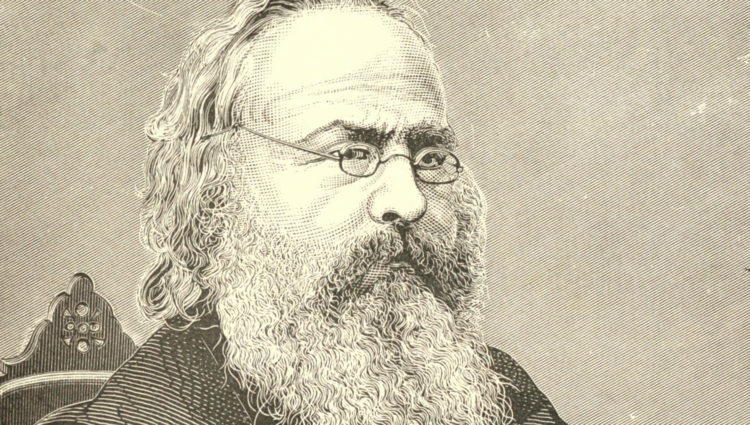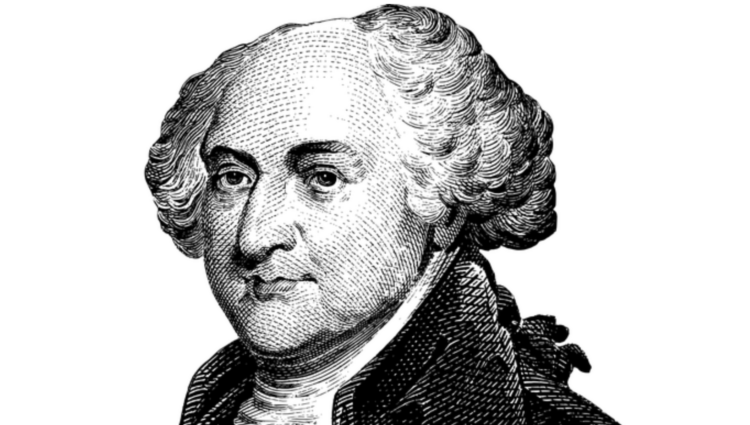Oliver Ellsworth: Forgotten Name, Enduring Legacy
Founding Federalist: The Life of Oliver Ellsworth by Michael C. Toth When American schoolchildren study the Constitutional Convention, they typically learn a few names—Madison, Randolph, Patterson, Washington—and few main events—the formation of the legislature, the Three-Fifths Compromise, and the creation of the presidency. The first event is usually called “The Great Compromise” that melded Madison’s [...]



